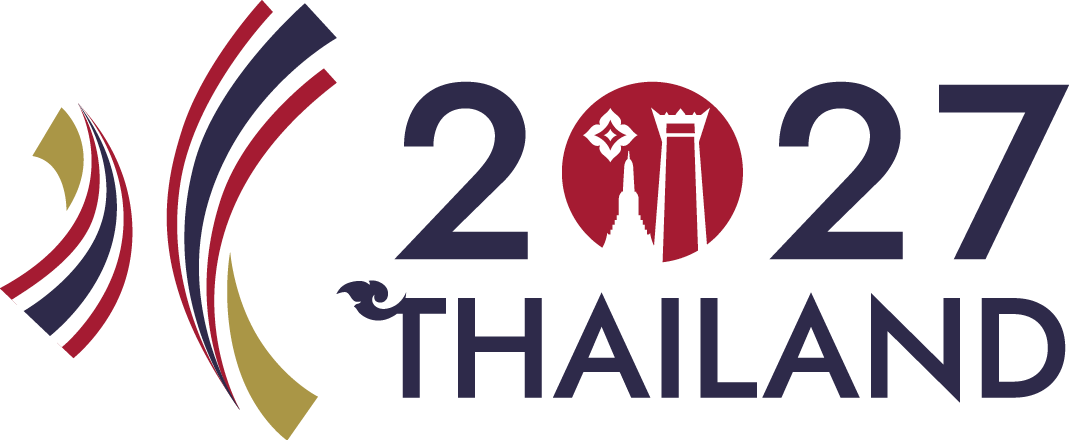Since October 7th, 2023, over ten children per day on average have lost a limb in Gaza. They join a cohort of paediatric patients generated by an increasing prevalence of humanitarian disasters such as the earthquakes in Türkiye/Syria and conflict zones world-wide as well as infectious diseases, cancer, and congenital deformities. Each of these individuals will require complex long-term rehabilitation and prosthetic limb provision. This is a demand no health-care system in the world is currently being supported to meet due to the lack of knowledge and minimal paediatric prosthetic innovation.
The aim of this symposium is to present novel findings on the unique challenges children with lower limb loss face, propose actionable areas for improvement and identify additional gaps in knowledge for further research. This will be achieved by harnessing results from paediatric clinical case files in Cambodia and Türkiye; listening to the voices of children and relevant stakeholders through questionnaire and interview results from multiple global locations; and presenting recent work on appropriate strength and durability testing for paediatric prosthetics.
Work will be presented on:
1. Challenges related to growth, socket fit and residual limb health.
2. Durability of current paediatric componentry.
3. Hierarchy of prosthetic user needs from all relevant stakeholders – child, parent/guardian, and prosthetist.
The session will conclude with an interactive discussion between the presenters and the audience focusing on identification of other unaddressed research gaps and the next steps to improve rehabilitation outcomes and prosthetics for this vulnerable cohort.
Statement of the objective / learning objectives
By the end of this symposium, participants will have a clear appreciation of the most pressing challenges in paediatric prosthetic care, including current research and innovation priorities.


